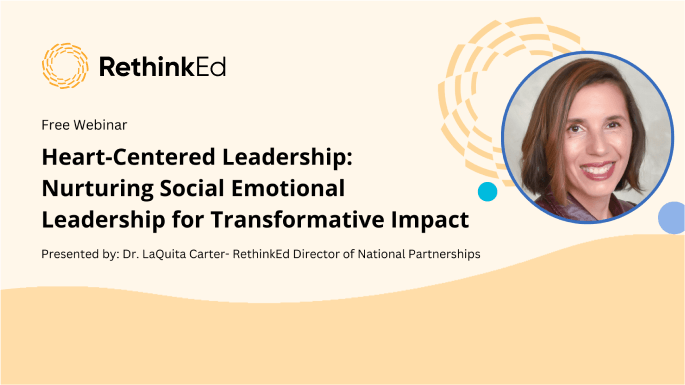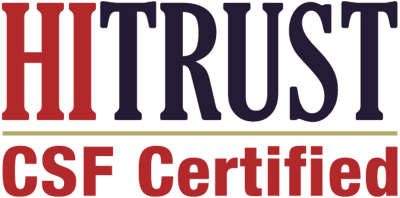Strategies for Successful Transitions
The back-to-school season is a perfect example of returning to a place, routine, or activity that we have experienced before, but with new elements and variables at play that alter our tolerance to change – for children, parents and educators alike.
This season of transition raises questions like “How can we strengthen our coping skills so they can better carry us through?” and “How do we help our community of family members, colleagues, support systems, and more manage that change alongside us?”. By focusing on three key factors – your burden, your abilities, and your resources – that have an outsized impact on behavioral health and wellness, you can set yourself up for success and have a positive impact on your family and your workplace.
Your Burden
When venturing into a time of transition, it can be helpful to take stock of what you already have on your plate and what has landed there in preparation for the pending change. Acknowledging the realities of your burden shouldn’t feel like a call for self-pity, but a time to accurately assess what your burden currently looks like – it can also encourage more self-compassionate talk and help reduce the burnout rate that is escalating nationwide.
When determining your burden, ask yourself what stressors, responsibilities, recurring tasks, or requests you are struggling to prioritize. For many adults these present as work assignments, household tasks, and child-rearing duties. For teachers in particular, the stresses include welcoming a new cohort of children into their classrooms and the need to build new relationships and new skills all over again.
A powerful strategy for understanding and managing burden during a time of transition is to list out the requests of your time and mental bandwidth, and to then prioritize them with consideration for their impact on the success of your transition. For back-to-school, this might look like a parent prioritizing attendance at a ‘meet the teacher night’ over another household task, or a teacher leveraging Social and Emotional Learning tools like those provided by RethinkEd. Taking conscious time to understand your burden in relation to the upcoming transition and the tools and resources you have to support you can help with decision making, more open communication, and less resistance to making difficult choices.
Your Abilities
Once your burden has been prioritized, there are two ways to look at your ability to carry that burden – as skills and limitations. Outside neurodiverse communities, much of the general population is not used to identifying themselves by what they cannot do, or what they need assistance doing – but we all have strengths and weaknesses. When planning for an easier back to school season, limitations to consider might include a child’s struggle to focus within new environments or an adult’s sensitivity to an irregular routine, often required to support their children’s schedules.
With the trend of all adults in a household working full-time on the rise, exploring potential before and after school enrichment opportunities that provide for increased schedule stability could be beneficial to a parent with that limitation. Acknowledging and discussing our limitations, whether they be health problems, sensitivities, or a history of trauma, is an important part of re-allocating your burden and identifying instances where extra assistance, time, or consideration would be advantageous to the overall ease of a transition.
Your Resources
When our burden increases and our skills can’t scale to match the demand, burnout becomes an unavoidable reality that leaves you strained and depleted – that’s where resources come in to bridge the gap. Every individual and family have different resources available to them when navigating change, meaning there will never be one right answer or one solution that fits all scenarios.
Maintaining a family requires significant resources including childcare, additional insurance, education needs, and more. When preparing for a time of transition like back to school there is another powerful category of resource to consider – human resources – the time, energy, and skills of your support community. That community could be additional family members, therapists, neighbors, educators, coworkers, or countless other individuals that may be available to give of their time and skills to help distribute your burden during back to school or another time of transition. Ask for assistance when you need it and seek out resources from those that can provide them to you, like your employer benefits offerings, school district services, or community recreation center.
Final Thoughts
The back-to-school season can be stressful and exhausting, but it should also be exciting. Moving into new classrooms, grades, and buildings can take a period of adjustment but the growth that change causes is an uncomfortable yet necessary part of reaching our fullest potential. It may be helpful during times of transition to remind your children why these changes must happen and what the ultimate benefit of them is. Let them know that adults experience similar times of transition during our lives when we step into new roles, locations, or relationships and that we often rely on the support of our community members to carry us through those too.
With this knowledge, step into back to school and other transitions with the confidence that comes with being conscious of your burden, acknowledging of your limitations, and thankful for your resources.














